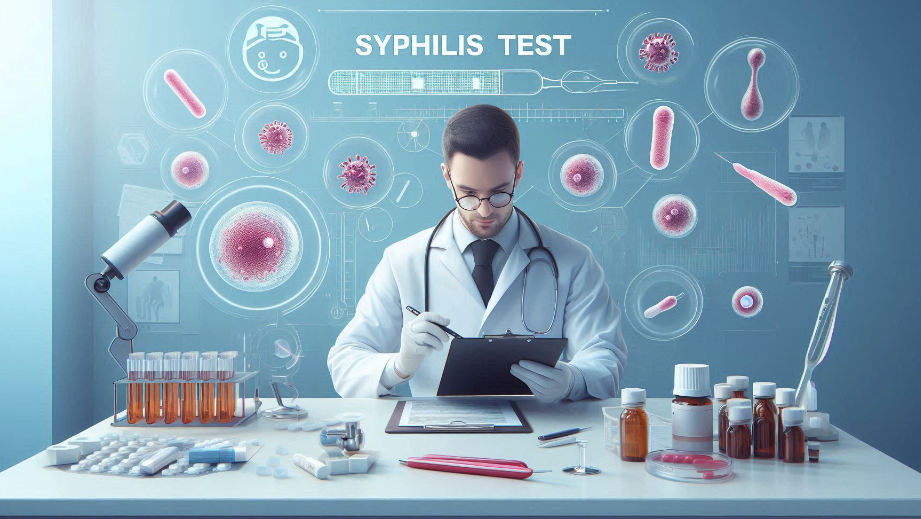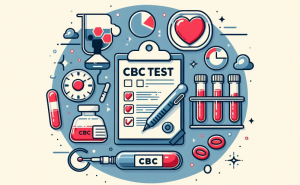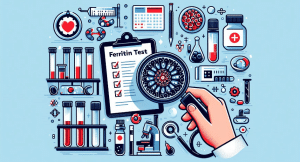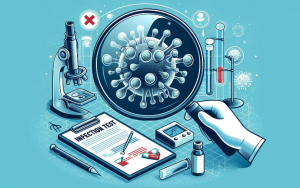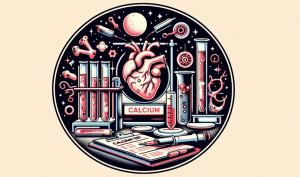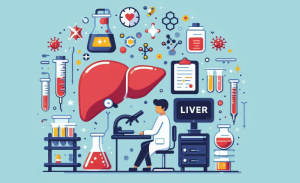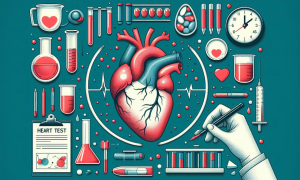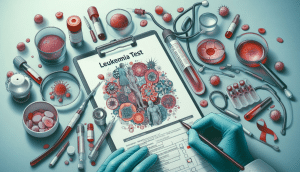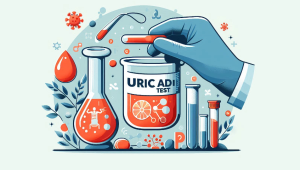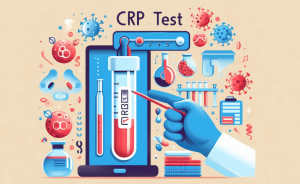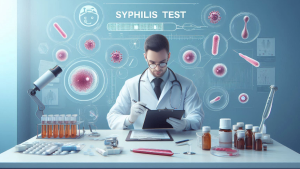What is a Syphilis Test?
A syphilis test is a blood test that screens for and helps diagnose syphilis, a sexually transmitted infection (STI) caused by the bacterium Treponema pallidum. The test detects antibodies that your immune system produces in response to the infection.
Why Do You Need a Syphilis Test?
You might need a syphilis test if:
- You have symptoms of syphilis: These can vary depending on the stage of infection but might include painless sores, skin rash, fever, swollen lymph nodes, or other health problems.
- You’ve had unprotected sex with someone who has syphilis: Syphilis can be transmitted through sexual contact, so testing is recommended if you’ve been exposed.
- You’re pregnant: Syphilis can be passed from a pregnant woman to her unborn baby, potentially causing serious complications. Prenatal syphilis testing is crucial for early detection and treatment.
- You’re at high risk for STIs: Individuals with multiple sexual partners or those who engage in high-risk behaviors might be advised to get regular STI screenings, including syphilis testing.
What Does a Syphilis Test Measure?
The test detects antibodies specific to the Treponema pallidum bacteria in your blood. There are two main types of syphilis tests:
- Nontreponemal tests: These tests detect antibodies that react to substances released by damaged cells during a syphilis infection. Examples include the rapid plasma reagin (RPR) and Venereal Disease Research Laboratory (VDRL) tests.
- Treponemal tests: These tests detect antibodies that specifically target the Treponema pallidum bacteria. Examples include the fluorescent treponemal antibody absorption (FTA-ABS) test and the Treponema pallidum particle agglutination (TPPA) test.
Preparing for the Test
Usually, no special preparation is needed for a syphilis test. You can eat and drink normally before the test. However, if other blood tests are being performed simultaneously, you might need to fast.
Understanding the Results
- Positive result: Indicates the presence of syphilis antibodies in your blood, suggesting a current or past infection. Further testing might be needed to confirm the diagnosis and determine the stage of infection.
- Negative result: Suggests that you likely don’t have syphilis, but it’s important to remember that it can take a few weeks after exposure for antibodies to become detectable. If you have concerns or symptoms, repeat testing might be recommended.
Risk Factors and Prevention
Factors that increase the risk of contracting syphilis include:
- Unprotected sex: Having sexual contact without a condom increases your risk of getting syphilis and other STIs.
- Multiple sexual partners: The more sexual partners you have, the higher your risk of exposure.
- Other STIs: Having another STI can increase your risk of contracting syphilis.
- Men who have sex with men: This group is at higher risk for syphilis.
Prevention involves:
- Practicing safe sex: Using condoms consistently and correctly can significantly reduce your risk of contracting syphilis.
- Getting tested regularly: If you’re sexually active, especially with multiple partners or engage in high-risk behaviors, regular STI testing is crucial.
- Early diagnosis and treatment: If you test positive, prompt treatment with antibiotics can cure the infection and prevent complications.
- Partner notification and treatment: Informing sexual partners about a positive syphilis diagnosis is essential to ensure they also get tested and treated.
Remember, syphilis is a treatable infection. Early diagnosis and treatment are vital to avoid serious health complications. Consult your healthcare provider if you have any concerns or are at risk.

 7351982473
7351982473